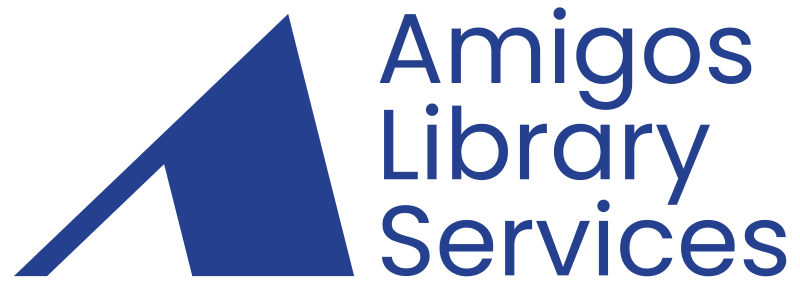Introduction to Serials Cataloging
From academic journals to popular magazines, serials make up a sizable and frequently used portion of libraries' collections. Understand the fundamental principles of serials cataloging, including defining the nature of serials and progress to copy cataloging serials, creating original serial records, and dealing with title changes.
